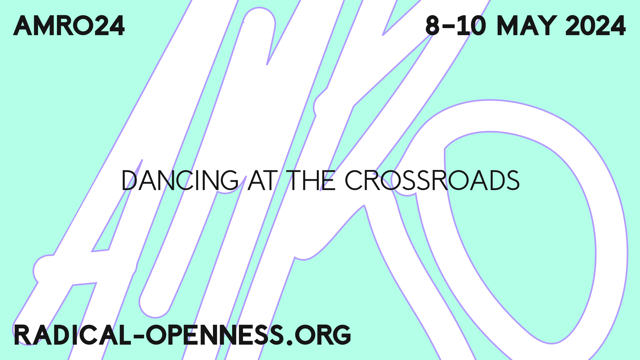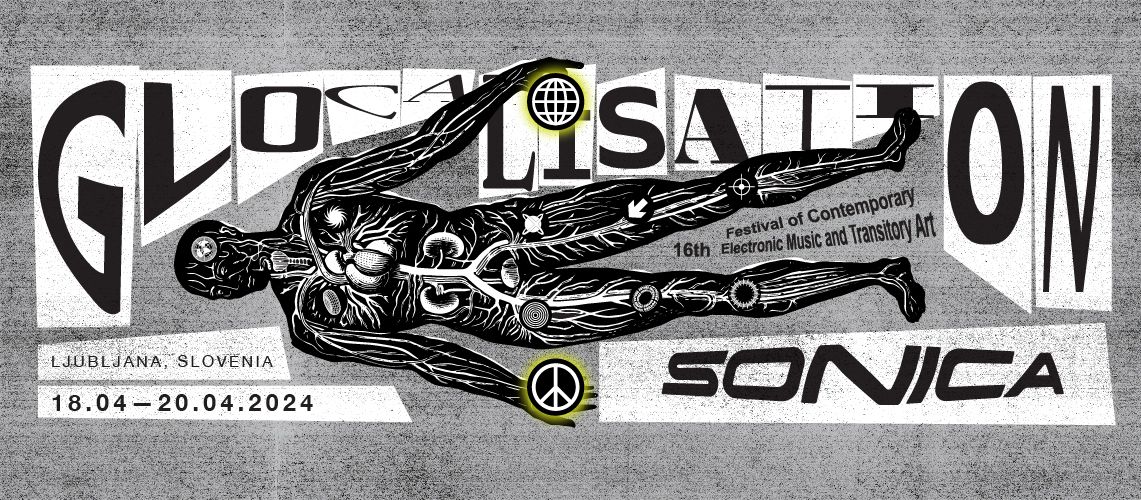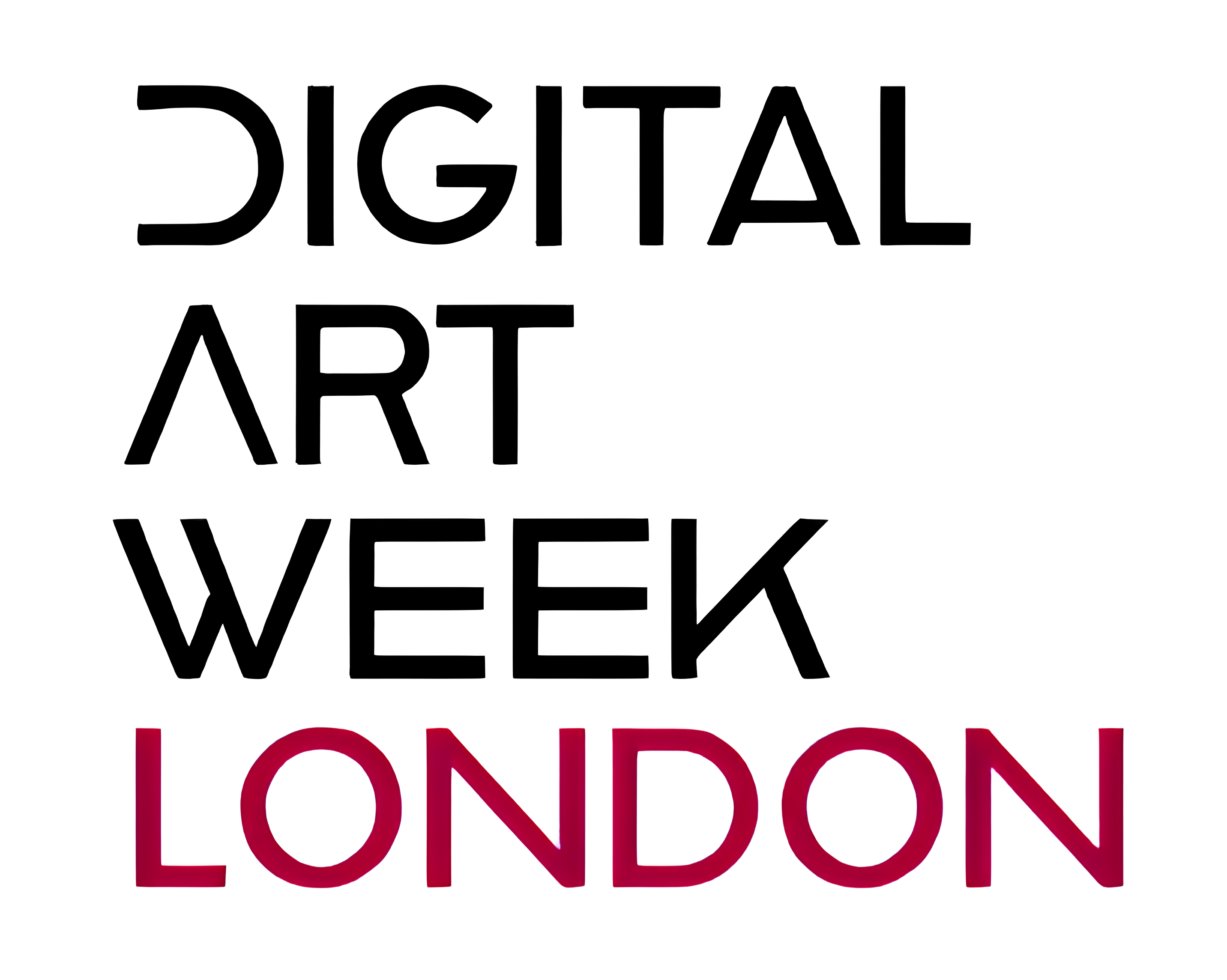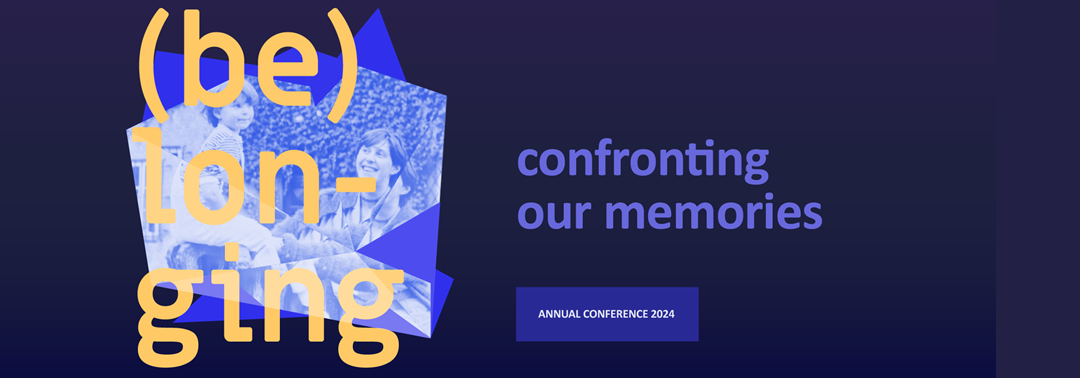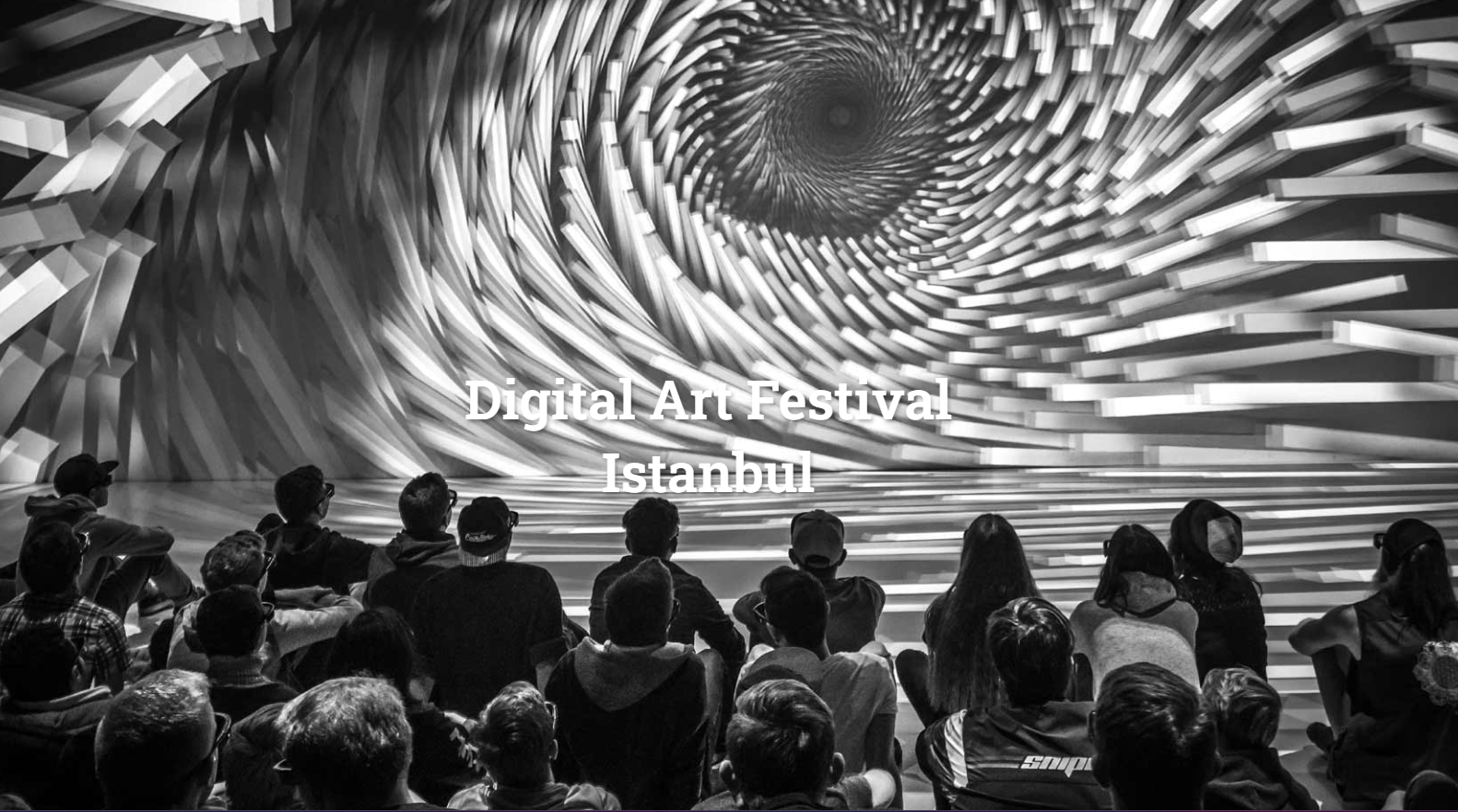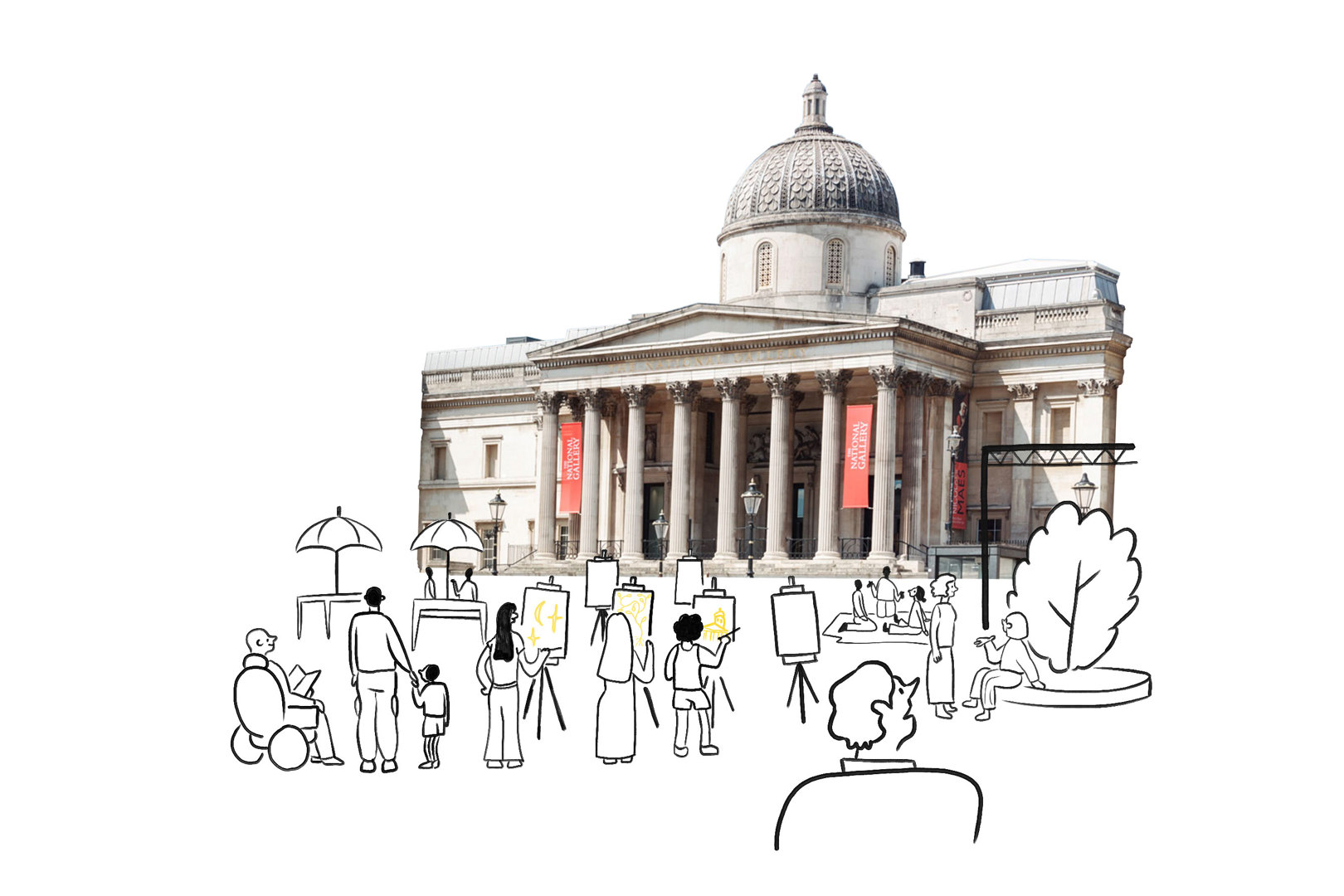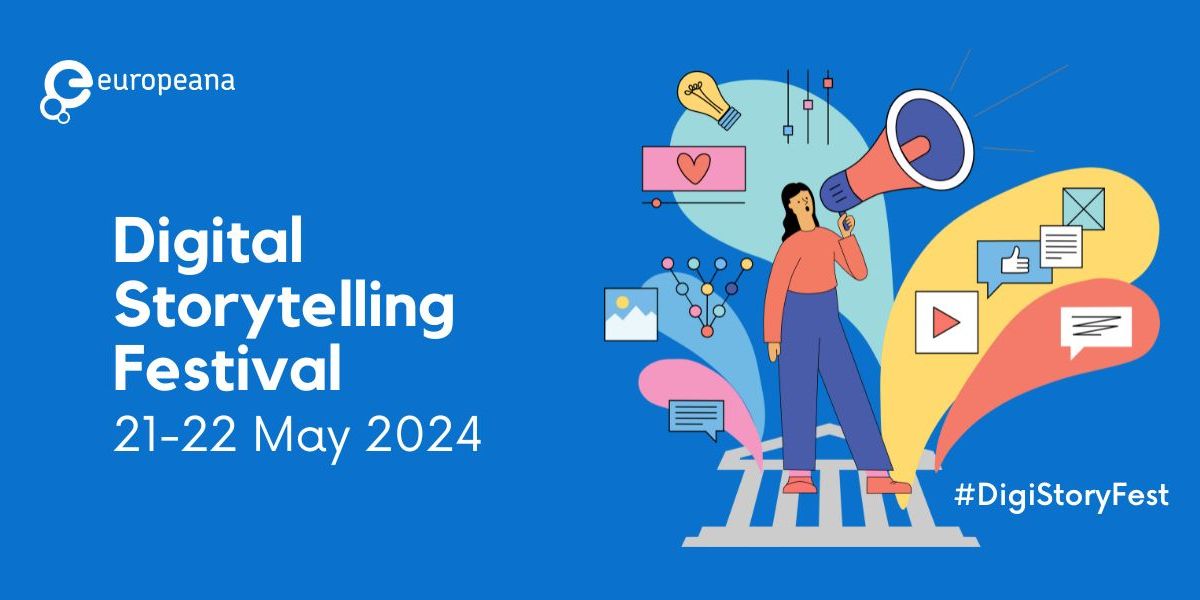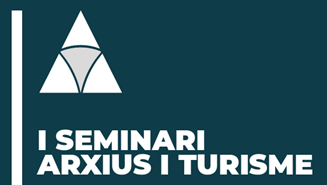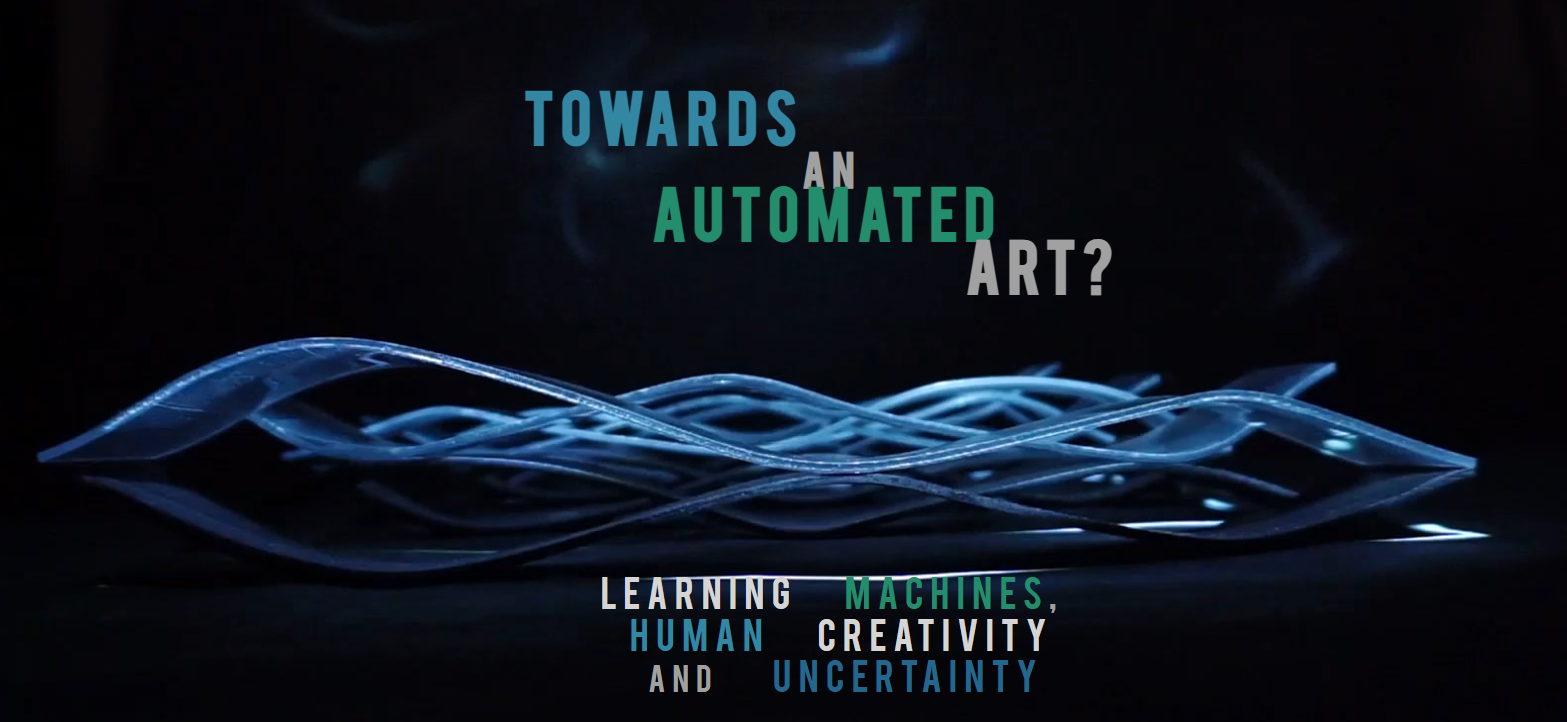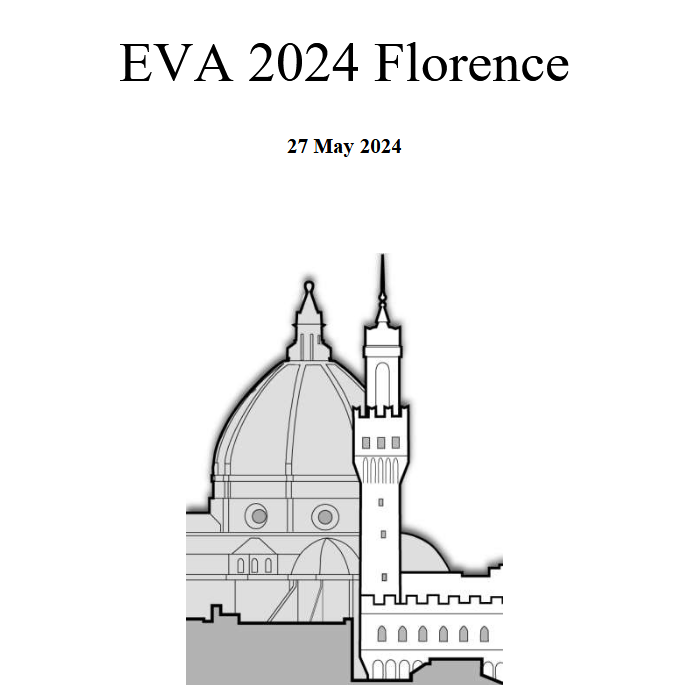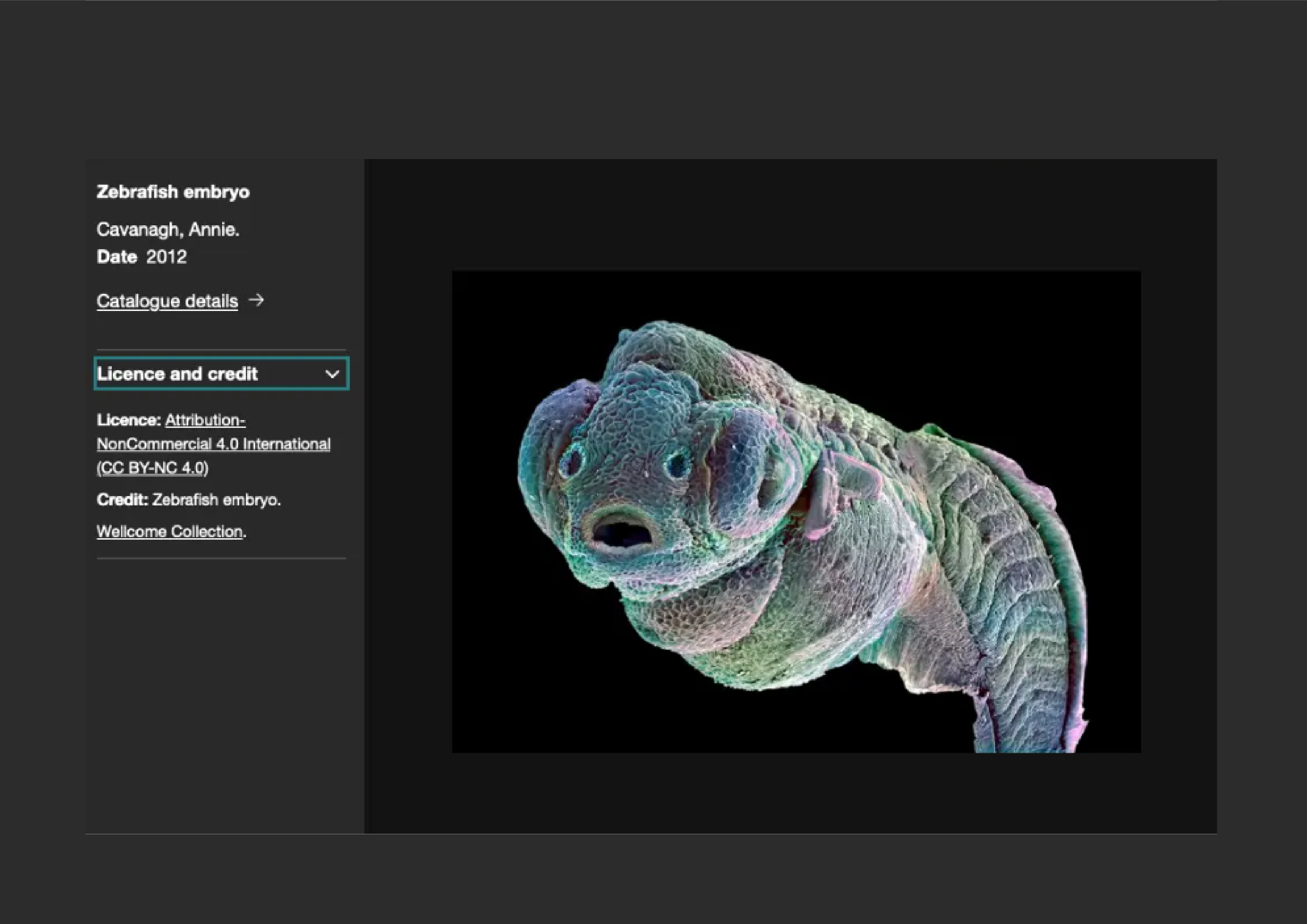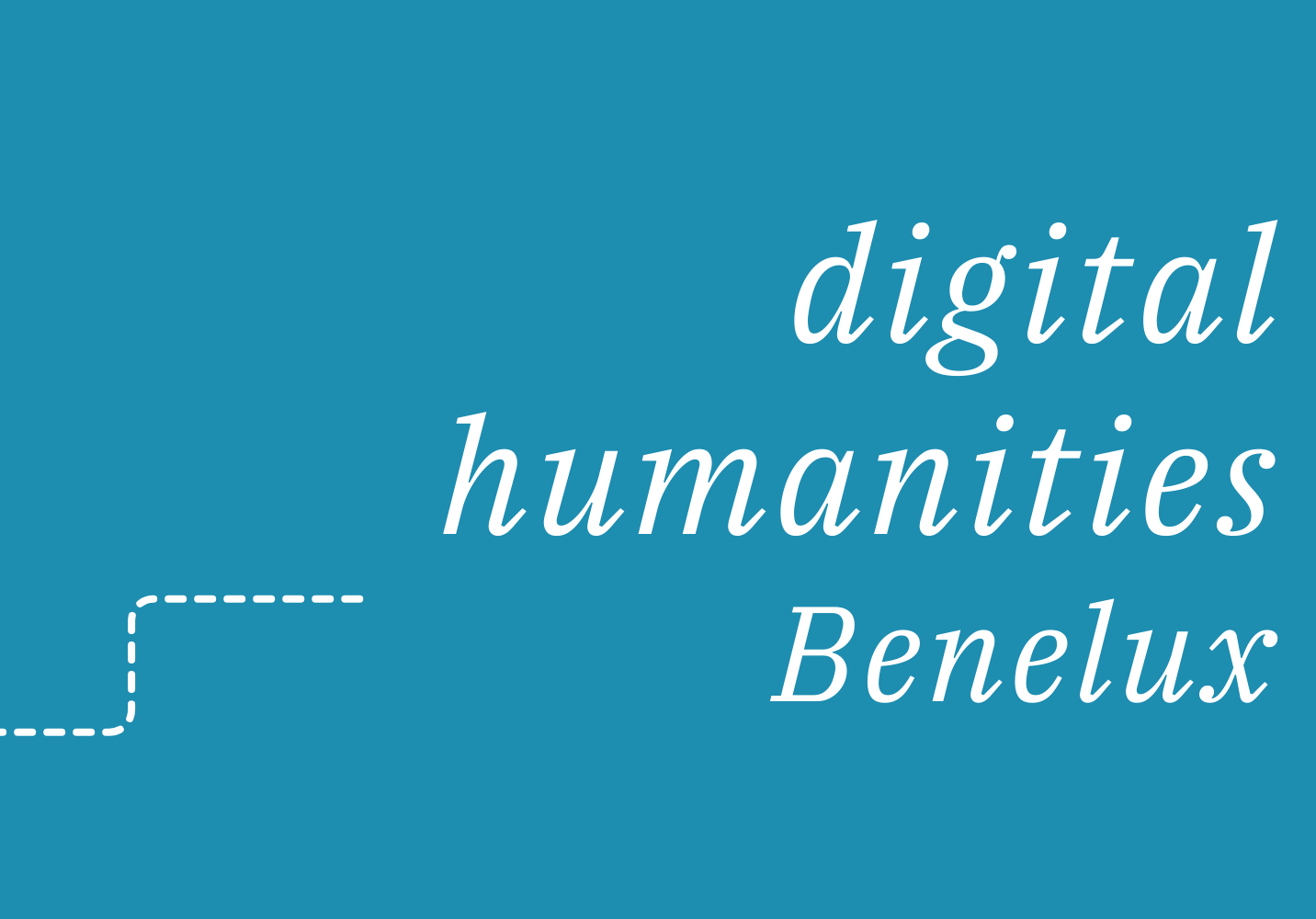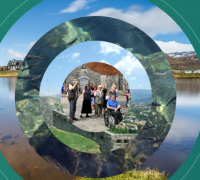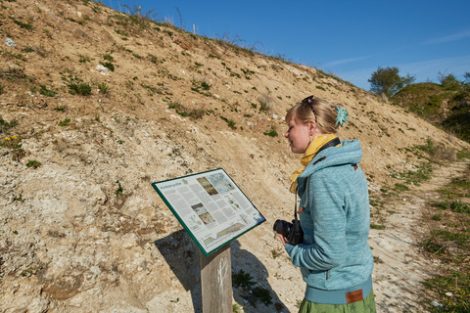-
Join the
Digital Meets Culture
Newsletter! -
Join the
Digital Meets Culture
Open Newsroom! If you have interesting news and events to point out in the field of digital cultural heritage, we are waiting for your contribution.
If you have interesting news and events to point out in the field of digital cultural heritage, we are waiting for your contribution.
-
Free text
-
-
Upcoming events
-
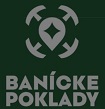 25 April 2024
25 April 2024The Mining Treasures of Central Slovakia conference will take place on April 25, 2024 at the Radnica – Town Hall in Banská Bystrica. This is event is organised by Matej Bell University in the frame of the pilot of the INCULTUM … Continue reading →
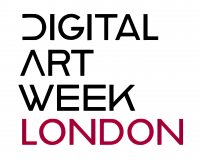 London, April 22-28, 2024. The call for speakers will run until March 30, 2024
London, April 22-28, 2024. The call for speakers will run until March 30, 2024Digital Art Week is a week-long city-wide takeover of the world’s leading cultural capitals for digital artists, tech innovators, and digital fashion pioneers to collaborate and push the boundaries of what’s possible in the fusion of art and technology. … Continue reading →
Topic: digital preservation
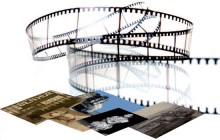
The session was intended to foster knowledge exchange and networking actions to address a very common and shared issue from different points of view and backgrounds, also in the light of enabling a true and exploitable creative re-use of the digital content available in Europeana and in other online collections. Continue reading

Towards an e-infrastructure for the Digital Cultural Heritage sector and the humanities research: which are the needs and the requirements of the DCH?
How can this sector benefit from the new and innovative solutions offered by the e-Infrastructures?
Experts tries to answer these question. Continue reading
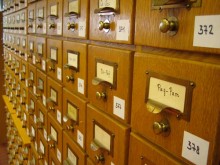
The need for novel more efficient and affordable solutions for digital preservation is increasing in the Social Science and Humanities. The workshop presented the advancements in the state of the art, to understand which could be the benefits offered, in particular to the Digital Cultural Heritage sector, by the new technologies and e-infrastructures. Continue reading
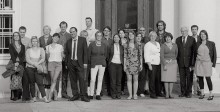
Intermediate objective is to deliver to Europeana a huge number of metadata, in order to publish a first batch of images to witness the history of Europe and the art of photography in the period 1839-1939. The images are supposed to be on line and accessible to everyone by early 2014, and for this reason EuropeanaPhotography content providers are working closely to the technical deadlines to allow this result. Continue reading
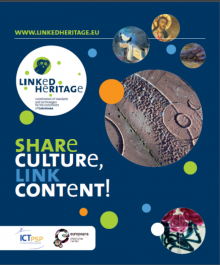
The Linked Heritage project draws to a close at the end of September 2013. Linked Heritage – with the strapline, ‘Share culture, link content’ – was a content-focused project, which aimed to bring large quantities of content into Europeana, to enhance metadata quality and to improve the search, retrieval and re-use of Europeana content. Continue reading
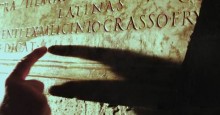
Europeana Professional recently published an interesting article related to Eagle project, a best practice network that brings together the most prominent European institutions and archives in the field of Classical Latin and Greek epigraphy to provide Europeana with a comprehensive collection of unique historical sources which constitute a veritable pillar of European culture. Continue reading
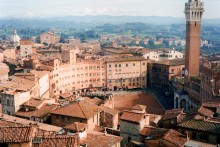
The annual event organized by Polis (Polo di Innovazione delle Tecnologie per la Città Sostenibile – Innovation Pole of the Technologies for a Sustainable City) was held in the Engineering College of Siena’s University on the 26th – 27th September 2013. It has hosted two days of debate about the “Smart Specialization Strategy” general topic, structured on the three Polis themes MOBILITY, CULTURAL HERITAGE and SUSTAINABLE BUILDING. Continue reading
On the 12-13 November 2013, at the Jerusalem’s Van Leer Institute, is being held the Xth Annual International Event for Professionals in Cultural Heritage and Advanced Technologies. Scholars from all-over-the-world are invited to share their latest projects with the colleagues with a seven-minutes spot-light. Continue reading

Sciencegateway.org organises a Science Gateway Institute workshop co-located with IEEE Cluster 2013 Conference. Papers will be co-publishing in a special issue of Concurrency and Computation, Practice and Experience (http://www.cc-pe.net/journalinfo/) together with selected papers presented at the International Workshop on Science Gateways 2013 (http://www.iwsg2013.org). Continue reading
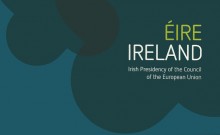
Ciaran Clissmann presented CULTURA as one of the projects working on innovative technologies to enable new opportunities
to preserve and access digital cultural heritage content. Continue reading


